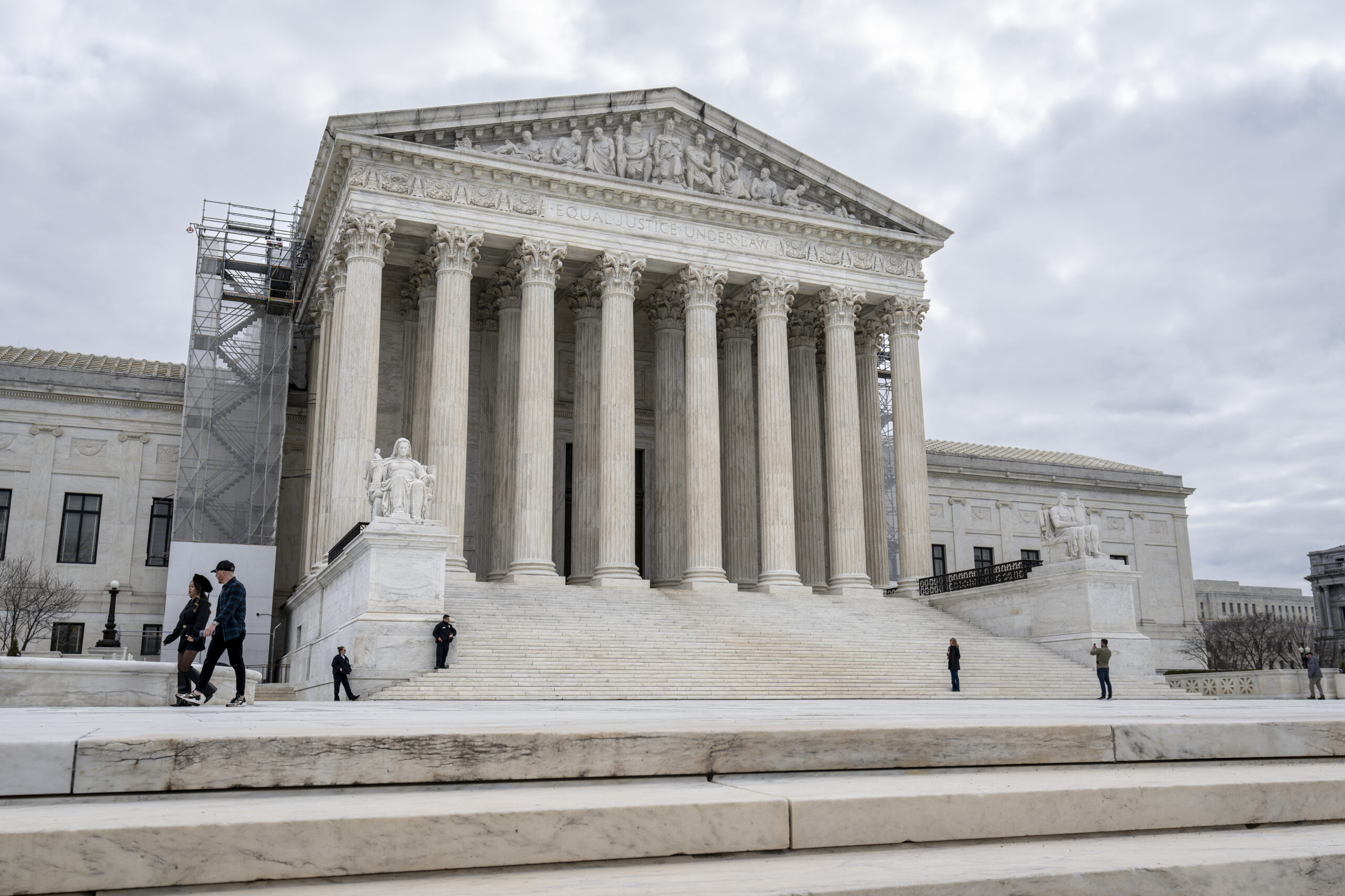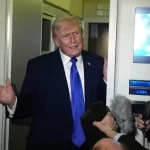

(The Center Square) – A U.S. Supreme Court case regarding free speech at higher education institutions has left the ongoing debate about bias on college campuses undecided.
The issue began when a legal challenge was filed in Speech First, Inc. v. Sands over Virginia Tech’s “bias-response team policies,” which monitored, tracked and investigated students’ speech when it was considered problematic and could recommend disciplinary action.
Speech First, a group that has fought similar battles on other campuses, said the policies violated students’ First Amendment rights and that the policy was targeted at students not adhering to liberal orthodoxy commonly found on university campuses.
The U.S. Supreme Court ruled last week that the case was moot since Virginia Tech had changed the policy in question. The high court also vacated a previous ruling on behalf of the school, a move experts say will set up more battles at schools nationwide that still engage in similar policies.
“Federal courts have already ruled that bias response teams dampen and chill speech – as did the DOJ several years ago in the case that was settled when the university of Michigan settled with Speech First and abandoned its BRT,” Jonathan Butcher, an education expert at the Heritage Foundation, told The Center Square. “These teams are often run in tandem with or alongside DEI offices, clear evidence of the discrimination and censorship that DEI offices promote.”
Butcher went on to say this issue is far from settled.
“There will be future cases – this won’t be the last time that the High Court will consider taking up questions like this,” Butcher said. “But as colleges are backing down, that shows that schools know BRTs violate free speech and other key provisions in law.”
Supreme Court Justice Clarence Thomas and Justice Samuel Alito dissented, saying the court should have taken up the issue.
“This petition presents a high-stakes issue for our Nation’s system of higher education,” the dissent reads. “Until we resolve it, there will be a patchwork of First Amendment rights on college campuses: Students in part of the country may pursue challenges to their universities’ policies, while students in other parts have no recourse and are potentially pressured to avoid controversial speech to escape their universities’ scrutiny and condemnation.”
Critics of the speech bias police argue it is contrary to an educational institution’s mission of informing students and broadening their perspectives.
“So-called ‘Bias Response Teams’ at Virginia Tech or elsewhere are unAmerican police state tactics for schools to engage in thought control. It’s an embarrassment,” Teresa Manning, policy director for the National Association of Scholars, told The Center Square. “What thought do they fear? These institutions are now intellectual wastelands.
“The college campus is supposed to be a place of academic inquiry and challenging debate,” she added.
Many of the schools regulating speech takes taxpayer dollars, often to the tune of billions.
“No state funding – whether federal loans or state appropriations – should support institutions committed to such anti American and unconstitutional practices,” Manning said. “Pull the plug on them. The Supreme Court’s declining to hear this case is a dodge that can’t go on forever.”




